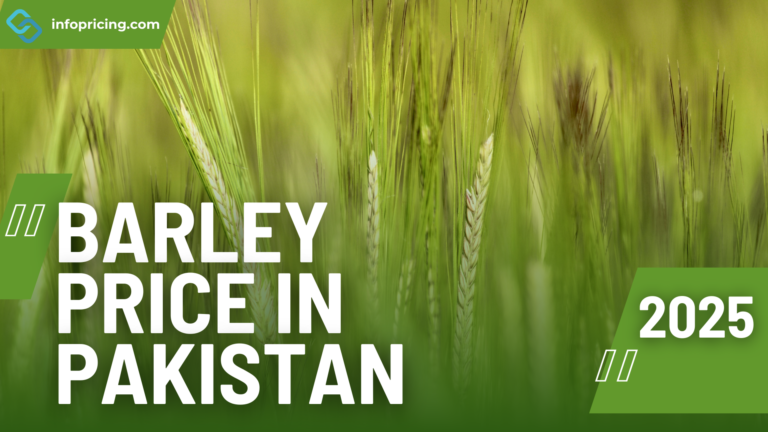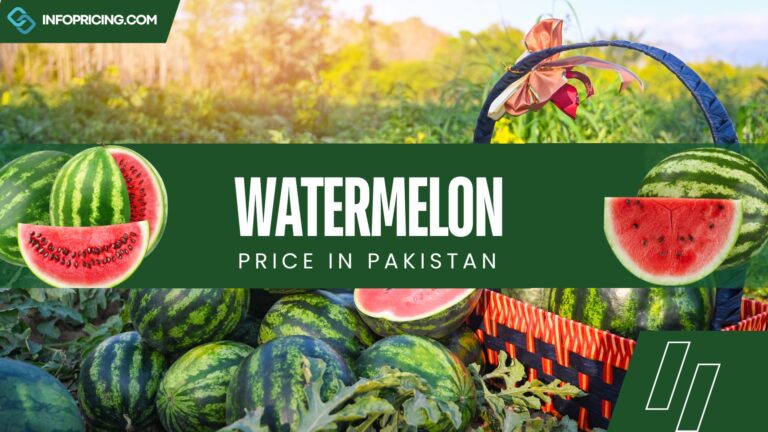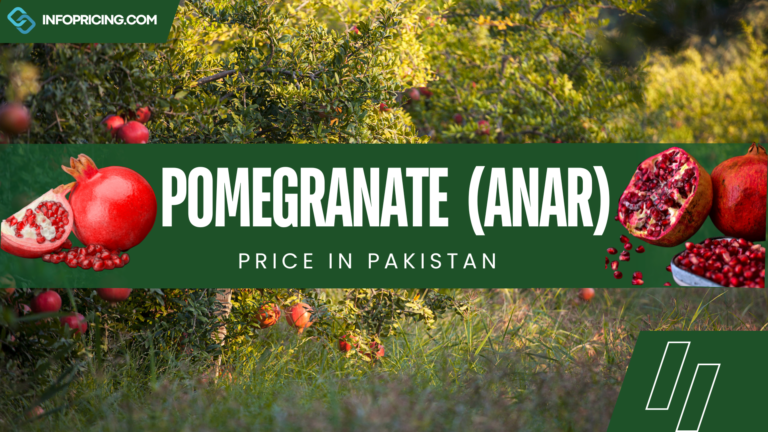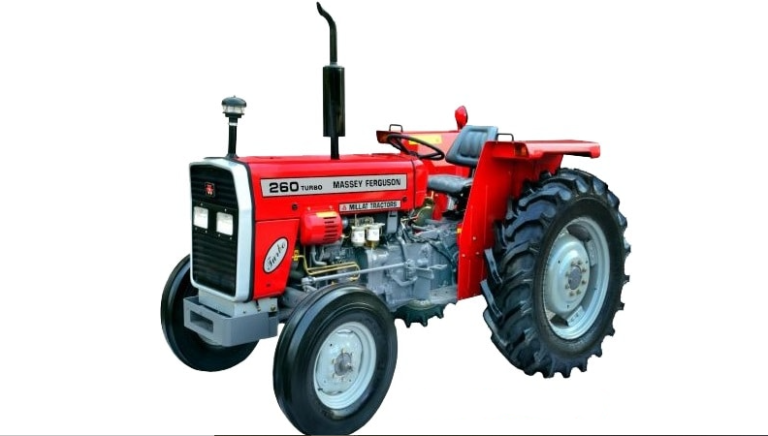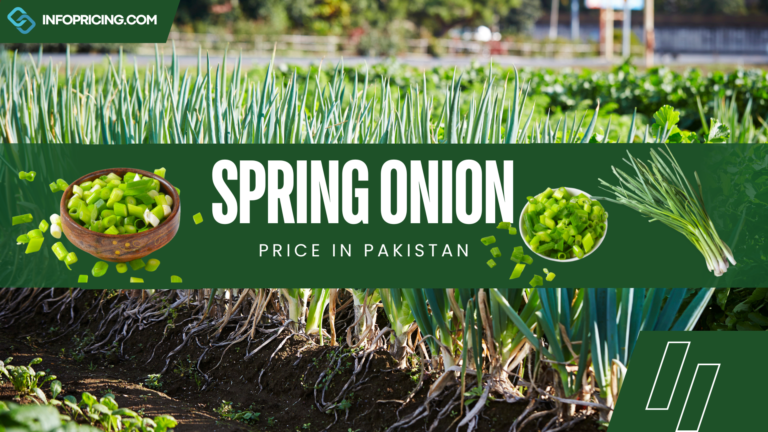Ber Price In Pakistan | 22 January 2025
As of January 2025, the Today Ber Price In Pakistan is between Rs. 105-138 per 1 KG, depending on the quality, size, and variety.
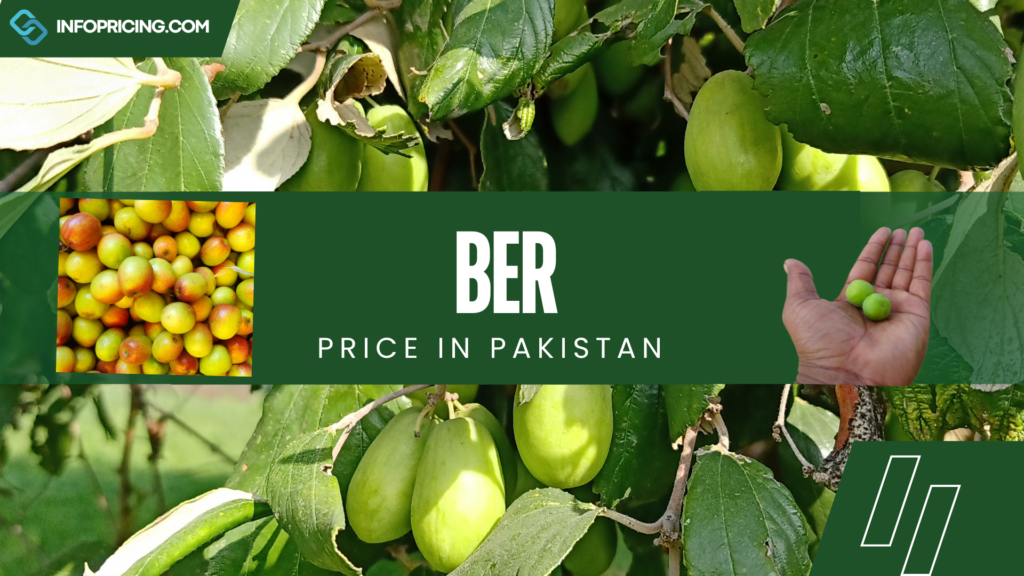
IN January 2025 |
Ber Price In Pakistan
| JANUARY | Bair RATE 1Kg |
|---|---|
| 1st January 2025 | Rs. 115-167 |
| 2nd January 2025 | Rs. 115-167 |
| 3rd January 2025 | Rs. 115-167 |
| 4 January 2025 | Rs. 115-167 |
| 5 January 2025 | Rs. 115-167 |
| 6 January 2025 | Rs. 115-167 |
| 7 January 2025 | Rs. 115-167 |
| 8 January 2025 | Rs. 115-167 |
| 9 January 2025 | Rs. 115-167 |
| 10 January 2025 | Rs. 115-167 |
| 11 January 2025 | Rs. 115-167 |
| 12 January 2025 | Rs. 115-167 |
| 13 January 2025 | Rs. 115-167 |
| 14 January 2025 | Rs. 115-167 |
| 15 January 2025 | Rs. 120-135 |
| 16 January 2025 | Rs. 120-135 |
| 17 January 2025 | Rs. 115-127 |
| 18 January 2025 | Rs. 115-127 |
| 19 January 2025 | Rs. 105-138 |
| 20 January 2025 | Rs. 105-138 |
| 21 January 2025 | Rs. 105-138 |
| 22 January 2025 | Rs. 105-138 |
| 23 January 2025 | |
| 24 January 2025 | |
| 25 January 2025 | |
| 26 January 2025 | |
| 27 January 2025 | |
| 28 January 2025 | |
| 29 January 2025 | |
| 30 January 2025 | |
| 31 January 2025 |
Ber: A Fruitful Treasure in Pakistan
Ber (Ziziphus Mauritiana), commonly known as Jujube in Asia and Africa, is a tropical berry. In Pakistan, Ber, a tropical fruit native to Asia and Africa, is widely grown and consumed. Its delicious flavor, as well as its many health benefits, are the main reasons for this. This article will give a comprehensive overview on Ber cultivation in Pakistan. It will cover topics ranging from general information to harvest management.
General Information
Ber is a deciduous bush or small tree belonging to the Rhamnaceae. It is a drought resistant plant that thrives in subtropical and tropical regions. Ber fruit is a healthy and nutritious snack, as it’s rich in vitamins, antioxidants, and minerals.
Climate
Ber is a tropical flower that grows best in a warm, dry climate. In Pakistan, Ber grows in tropical and subtropical areas where temperatures range from 15degC up to 35degC. The ideal temperature range for Ber cultivation is 20degC to 30degC
Soil
Ber can grow in a variety of soils but prefers fertile, well-drained soils that have a pH range between 6.0 and 8. The soil should have a high organic matter content and a good capacity to hold water.
Popular Varieties and Their Yield
In Pakistan, several Ber varieties are grown, including:
- Gola : This variety is well known for its high production (150-200 kg/tree), sweet, juicy fruits.
- Kabuli: This variety has a high yield (120-150kg/tree) with sweet, crunchy fruits.
- Mundia : This variety is known as a high yielding (100-120 kg/tree), sweet, soft fruit.
Land Preparation
Before planting Ber the land must be thoroughly prepared. The soil should be plowed down to a depth between 30-40 cm. This is followed by manuring and leveling.
Seed and Sowing
Ber is usually propagated by seeds or grafting. The seeds should be planted in a nursery and the seedlings transplanted into the field after 6-12 months.
Intercrops
In Ber orchards, intercropping can be used to increase productivity and reduce erosion. Intercrops that are suitable include herbs, vegetables, and legumes.
Pruning and Training
Ber trees need to be pruned and trained to maintain their shape and productivity. The trees should be pruned every year to remove any dead, diseased or damaged branches.
Fertilizer
To maintain their productivity, ber trees need regular fertilization. Annually, a balanced fertilizer (10-10-10 NPK, for example) should be applied, followed by a soil analysis to determine the tree’s nutrient needs.
Weed Control
Ber orchards must be weed-free to reduce competition and nutrient consumption. Weeds are controlled by mulching, herbicides or manual removal.
Irrigation
Ber trees need regular irrigation, particularly during the fruiting phase. During the summer, trees should be watered every 7-10 days.
Plant Protection
Ber trees are susceptible of several pests and disease, including fruit flies and aphids. Regular monitoring and integrated pest control practices can help control pests and diseases.
Harvesting
Ber fruits are typically harvested between June to September. Fruits should be picked when mature, as they will not ripen further after harvest.
Post-Harvest
Ber fruits must be handled with care after harvesting to avoid damage. To maintain the quality of the fruits, they should be stored in a dry, cool place.
Ber is a valuable crop in Pakistan that offers numerous benefits to farmers, consumers and the environment. Following the guidelines in this article will help farmers maximize their Ber yields and improve their fruit quality. They can also increase their profitability.
Check More prices of Fruits

